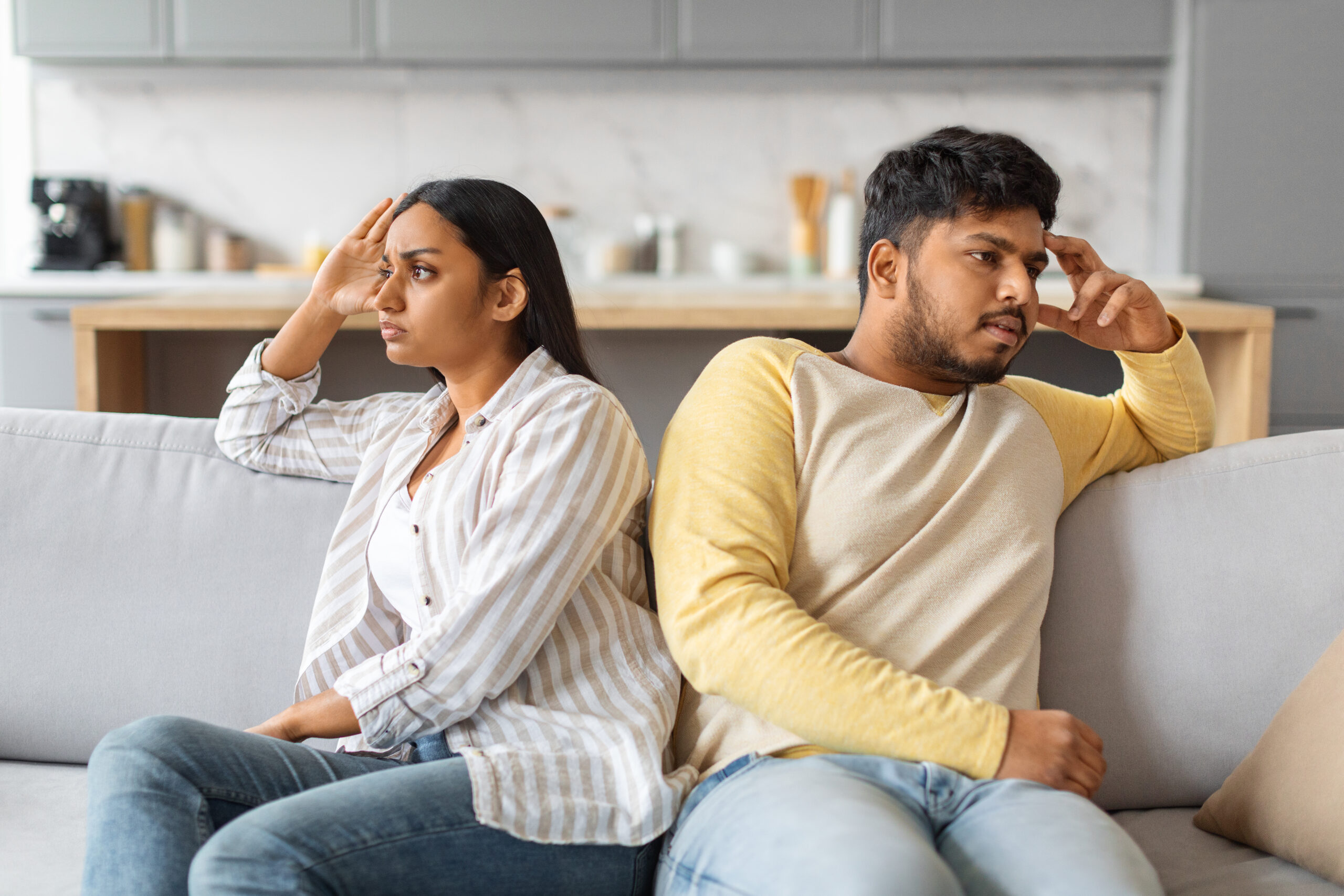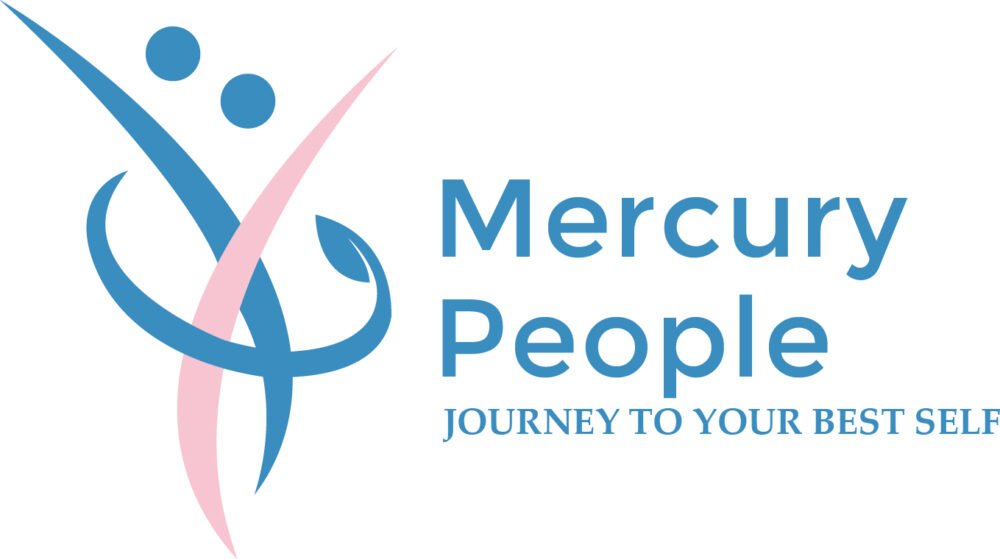
Mind the Gap: How Communication Grows Cold and How Couple Counselling Can Help?
Have you ever had this experience with your partner? You’re talking…but somehow, you are not really hearing each other. You both walk away feeling misunderstood or frustrated. Sometimes it’s just a missed appointment, a forgotten errand, or a small disagreement. Other times, it’s deeper, a slow drift into silence, resentment, or feeling like you are on different teams.
If this sounds familiar, you are not alone. The communication gap is one of the most common and most painful issues in relationships. But the good news? It’s also one of the most fixable.
Common Causes of Communication Breakdowns in Relationships
There are a million ways couples can stop hearing each other. Sometimes it’s the busyness of life: work stress, children, family drama, never-ending to-do lists. Sometimes it’s unspoken hurt, old arguments, or different ways of handling emotion. Even technology (scrolling instead of listening!) can build walls instead of bridges.
The result? Emotional distance, frustration, and sometimes even loneliness right there in your own home.
Assumptions and Mind-Reading: Expecting your partner to “just know” what you want or feel, instead of expressing it directly.
Unresolved Past Conflicts: Old arguments or hurt feelings that never get fully addressed can resurface and color current conversations.
Differences in Communication Styles: One partner may prefer to talk things through, while the other needs time to process, leading to misunderstandings.
Lack of Active Listening: Interrupting, thinking ahead to your own response, or being distracted (phones, TV, multitasking) instead of really hearing your partner.
Emotional Overwhelm or Stress: When either partner is tired, anxious, or overwhelmed, it’s much harder to communicate clearly and calmly.
Fear of Conflict: Avoiding important topics to “keep the peace,” which can lead to resentment and unspoken issues.
Negative Patterns and Criticism: Frequent blame, sarcasm, or criticism erodes trust and safety in communication.
External Pressures: Work, finances, family demands, or parenting can create tension that spills into your interactions.
Poor Timing: Trying to discuss big issues at the wrong moment like when someone is rushing, upset, or distracted.
Lack of Appreciation or Validation: Not acknowledging each other’s feelings, efforts, or perspectives, leading to feeling unseen or unimportant.
Can This Really Change?
Absolutely! The truth is, every couple have communication gaps sometimes, even happy ones. What matters is how you address them. This is where couple counselling comes in, not as a last resort, but as a practical, supportive step toward reconnecting.
How Couple Counselling Can Help?
A Safe, Neutral Space: Counselling is not about taking sides or proving someone “right.” It’s about creating a space where both partners feel safe to speak honestly without fear of judgment or escalation. Sometimes, just having a calm third party can break the cycle of blame or silence.
Learning New Tools (That Actually Work): A good counsellor doesn’t just listen, they teach. You will learn new ways to listen, express your needs, handle conflict, and check your assumptions before they create more distance. This might sound simple, but real-life communication is a skill, not a given.
Understanding Old Patterns: Sometimes we bring our own history, family habits, or “scripts” into a relationship. A counsellor can help you spot old patterns and choose new ways to respond, together.
Making Room for Repair: Miscommunication will still happen. it’s part of being human. Counselling helps you repair, apologize, and get back on track more quickly, so little hurts don’t turn into big walls.
Do We Need Counselling?
If you and your partner:
- Keep having the same argument, on repeat
- Feel more like roommates than lovers
- Avoid talking about big (or even small) topics
- Miss the closeness and fun you used to have
…then a few sessions with a qualified couple counsellor can make a real difference.
The Long-Term Benefits of Couples Counseling
Couples counseling is not just about solving problems in the moment. it’s about building a healthier, happier partnership for years to come. While the immediate goal might be better communication or conflict resolution, the real magic of counseling often appears over time.
Here’s what many couples experience in the long run:
Deeper Emotional Connection: Counseling helps partners understand each other’s feelings, fears, and dreams. This creates more empathy and a sense of “being on the same team.”
Lasting Communication Skills: Couples will learn practical tools like active listening, “I” statements, and how to express needs that they can use for life. These skills help them handle future challenges more smoothly.
Better Conflict Resolution: Instead of letting issues build up or explode, couples will be able to address problems early and calmly. Small disagreements won’t turn into big battles.
Increased Trust and Safety: Feeling heard and respected in counseling builds trust. Over time, this safety makes it easier to be vulnerable and honest with each other.
Stronger Intimacy and Partnership: When you clear out old misunderstandings and heal emotional wounds, space opens up for more closeness, fun, and affection.
Personal Growth for Both Partners: Counseling is not just about “fixing” the relationship; it’s also about understanding yourself better, growing emotionally, and breaking unhealthy pattern.
Resilience for Life’s Ups and Downs: All couples face stress, whether from work, parenting, health, or family changes. Counseling gives you tools to weather life’s storms together, instead of apart.
The Real Takeaway
Couples counseling is an investment in your future as a couple. The benefits last far beyond the sessions themselves, helping you create a relationship that feels secure, loving, and resilient, no matter what life brings.
Communication gaps are normal, but living with them does not have to be. Counselling is not about “fixing” your partner, but about learning together, how to listen, share, and reconnect. Sometimes, just a few sessions are all it takes to find your way back to each other.
If you are curious about how couple counselling could help your relationship, reach out. You might be surprised how quickly things can change, when you mind the gap together.
